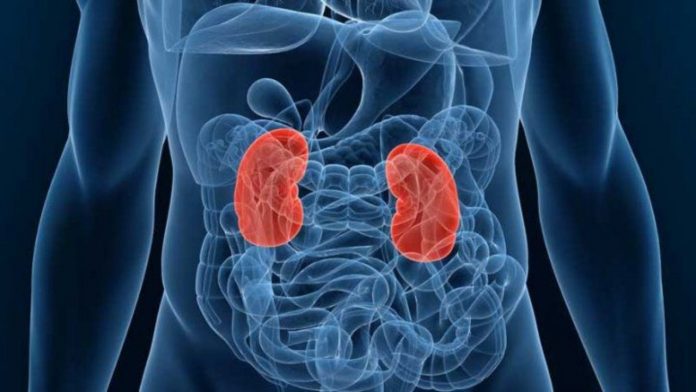By filtering waste materials, regulating electrolyte balance, and manufacturing hormones, the kidneys are critical for maintaining the body’s overall health. However, a variety of renal illnesses can impair these vital processes, creating serious health issues. We enlisted a few medical professionals to highlight several common kidney illnesses, their causes, symptoms, and potential treatments in order to aid in a better understanding.
Common kidney conditions
The kidneys are vital organs that remove waste and excess fluid from the body. Today, most people deal with one of the following kidney disorders:
1) Kidney stones, which develop when the body accumulates certain substances too much, causing the kidneys to develop hard deposits.
2) Chronic kidney disease, which develops over time as a result of damage to the kidneys, which impairs their capacity to operate normally.
3) Urinary system Infections, which can affect the kidneys, bladder, and urethra, are infections of the urinary system.
4) Glomerulonephritis, which causes inflammation and damage to the small filters in the kidneys and lowers kidney function.
Causes
Poor food, dehydration, heredity, and medical problems including diabetes and hypertension are some of the factors that contribute to kidney disorders. It’s critical to keep a nutritious diet, stay hydrated, engage in regular exercise, abstain from smoking and drinking alcohol in order to take care of oneself in such circumstances. The management of any underlying medical diseases, such as diabetes and hypertension, which may exacerbate renal issues, is also crucial.
Treatment
General review of the treatment options for common kidney illnesses, concentrating on chronic kidney disease (CKD), kidney stones, and glomerulonephritis, are:
• CKD, or chronic kidney disease
i. Pharmaceuticals Drugs are administered to treat specific symptoms, manage underlying illnesses (such diabetes), lower proteinuria (excess protein in the urine), and regulate high blood pressure. Examples include erythropoietin-stimulating agents (ESAs) to treat anemia, diuretics, angiotensin-converting enzyme (ACE) inhibitors, and angiotensin receptor blockers (ARBs).
ii. Dietary and lifestyle changes: It is advised to follow a kidney-friendly diet that is low in sodium, protein, and phosphorus. In advanced CKD, limiting fluid intake may be important. Overall kidney health can be improved by engaging in regular exercise, managing weight, quitting smoking, and consuming moderate amounts of alcohol.
iii. Dialysis: For people with end-stage kidney disease, dialysis can be a life-saving procedure. Through hemodialysis or peritoneal dialysis, wastes and extra fluid are removed from the blood in this procedure. Individual demands are taken into account when designing dialysis schedules and techniques.
iv. Kidney Transplantation: For end-stage kidney disease, a kidney transplant is regarded as the best long-term therapy option. It entails replacing a damaged kidney surgically with a functioning kidney from a living or deceased donor. Immunosuppressive drugs must be taken by transplant recipients for the rest of their lives to prevent organ rejection.
Kidney stones
a) Conservative management: With increased fluid intake and pain relief, small kidney stones frequently pass on their own. Painkillers sold without a prescription can be used to ease discomfort during passage.
b) Medical procedures: In order to simplify the removal of larger stones, intervention may be necessary. Common techniques include ureteroscopy, in which a tiny tube is placed to remove or break up stones, extracorporeal shockwave lithotripsy (ESWL), which employs sound waves to break up stones, and percutaneous nephrolithotomy (PCNL), a minimally invasive surgery to remove larger stones.

 हिंदी
हिंदी






